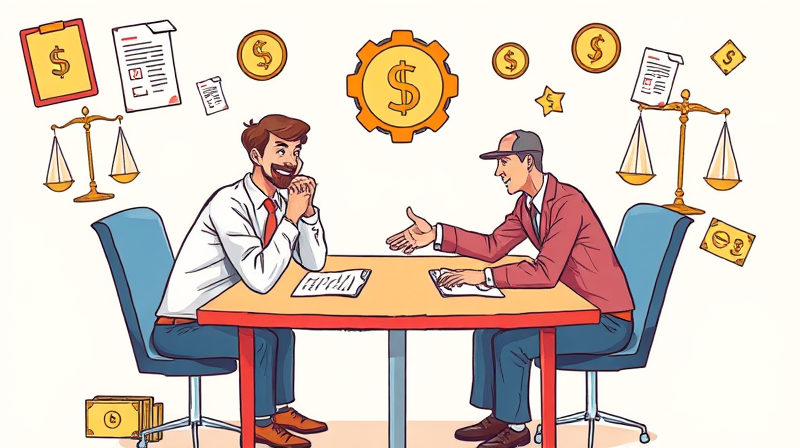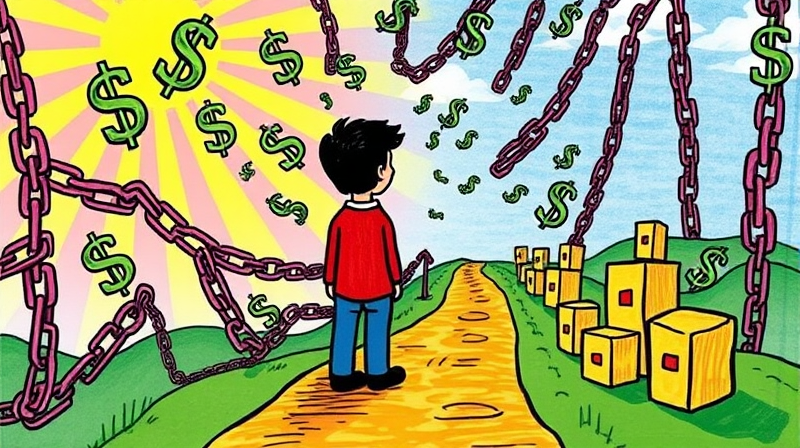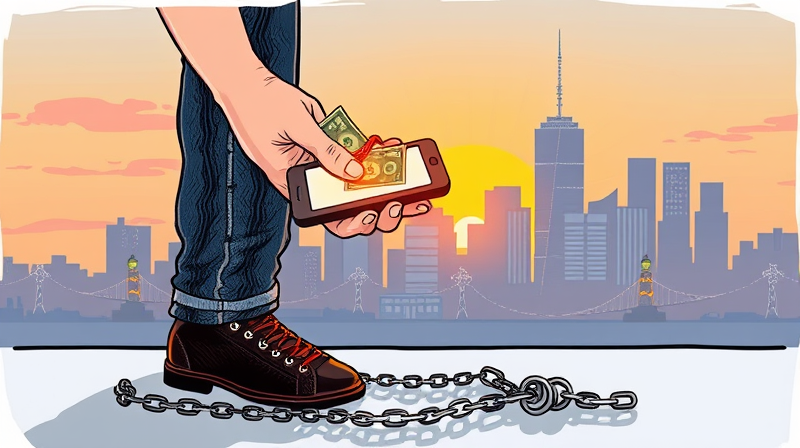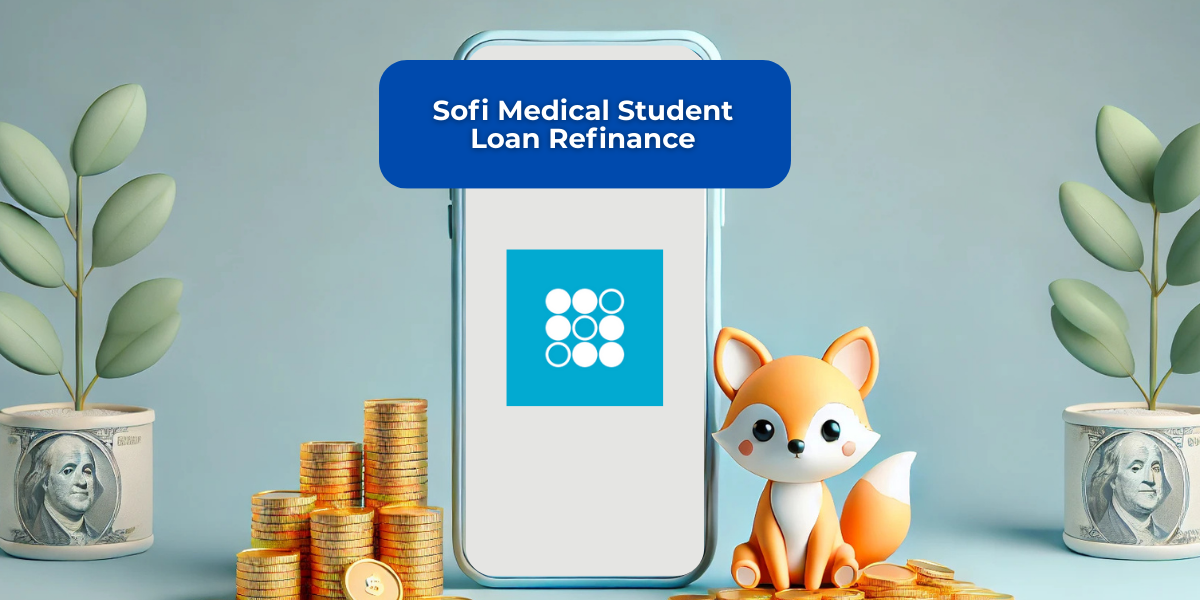When it comes to financing a big-ticket purchase, you may find yourself torn between two popular options: personal loans and credit cards. Both tools can unlock funds, but they differ significantly in structure, cost, and long-term impact. Making an informed decision can mean the difference between manageable debt and financial stress.
Whether you’re covering medical bills, home renovations, or consolidating high-interest debt, understanding these differences is crucial. This guide will help you weigh the pros and cons and choose the option that aligns with your financial goals.
Understanding the Basics
At first glance, personal loans and credit cards may seem interchangeable. However, they serve distinct purposes and come with unique features.
Interest Rates and Fees
One of the most compelling differences lies in cost. fixed monthly payments for budgeting are a hallmark of personal loans. With rates often between 10% and 20% APR for average borrowers, they provide clarity on how much you’ll pay each month and in total.
In contrast, credit cards carry higher variable credit card rates—often from 18% to over 28% APR. While some cards offer zero percent introductory APR offers for a limited time, failing to repay within that window can trigger steep interest charges.
Additional fees for personal loans may include origination charges (1–8% of the loan amount) and late payment penalties. Credit cards can impose annual fees, foreign transaction fees, and late-payment fees, which vary widely by issuer.
Comparative Example: A $5,000 Purchase
Imagine you need $5,000 to cover home repairs and plan to repay over three years. Here’s how each option might play out:
- Personal Loan: $5,000 at 15% APR over 36 months. This yields predictable payments of approximately $174 per month and total interest around $2,264.
- Credit Card: 0% APR for 60 days, then 22.99% APR. If you pay only the minimum after the promo period, the balance could linger for years, accumulating over $3,000 in interest.
Overall, the personal loan generally results in lower interest costs and predictable, lower total interest, while the credit card risks a minimum monthly payments trap you with variable obligations.
Choosing the Right Option for Your Situation
Your ideal choice hinges on several personal factors. Ask yourself:
- What is my current credit score and how will this impact rates?
- Do I prefer the discipline of fixed repayments or the flexibility of revolving credit?
- Can I realistically pay off a credit card balance within an introductory period?
- How large is the amount I need compared to my existing credit limits?
For one-off expenses like weddings or major medical bills, a personal loan often fits better. If you anticipate quick repayment and value rewards programs, a credit card might suffice.
Impact on Your Credit Score
Using a personal loan responsibly can help diversify your credit mix effectively, which may boost your credit score over time. Since loans are installment accounts, they don’t count against your revolving utilization ratio.
Conversely, large balances on credit cards that exceed 30% of your limit can drag down your score. Even if you make timely payments, high utilization signals risk to lenders.
Practical Tips and Expert Advice
Drawing from industry insights, here are actionable steps to guide your decision:
- Compare APRs and total cost of borrowing rather than focusing solely on monthly payments.
- Review all applicable fees, including origination and annual charges.
- Consider a debt consolidation loan if you carry multiple high-interest credit card balances.
- Always read the fine print on promotional offers to avoid post-introductory surprises.
Questions to Ask Yourself Before Borrowing
- How much can I comfortably pay each month?
- Will this purchase improve my long-term financial health?
- Am I disciplined enough to pay off credit card debt quickly?
- What other borrowing options, like home equity or 0% transfer cards, might apply?
By carefully weighing your options and understanding the mechanics behind each, you can choose the financing path that aligns with your budget, timeline, and overall financial well-being.
Remember, the best choice is the one that enables you to manage debt effectively, minimize interest costs, and maintain a healthy credit profile. Whether you lean toward the stability of a personal loan or the flexibility of a credit card, informed decisions pave the way to financial confidence.
References
- https://www.nerdwallet.com/article/loans/personal-loans/personal-loan-vs-credit-card
- https://www.peopledrivencu.org/2024/11/14/credit-union-personal-loan-for-big-purchase/
- https://www.bankrate.com/loans/personal-loans/personal-loan-versus-a-credit-card/
- https://theabcbank.com/comparing-personal-loans-credit-cards/
- https://www.businessinsider.com/personal-finance/personal-loans/personal-loan-vs-credit-card
- https://www.consumerfinance.gov/about-us/newsroom/cfpb-report-finds-large-banks-charge-higher-credit-card-interest-rates-than-small-banks-and-credit-unions/
- https://www.ukfcu.org/blog/personal-loans-vs-credit-cards-which-option-is-right-for-you
- https://www.onemainfinancial.com/resources/loan-basics/personal-loans-vs-credit-cards










